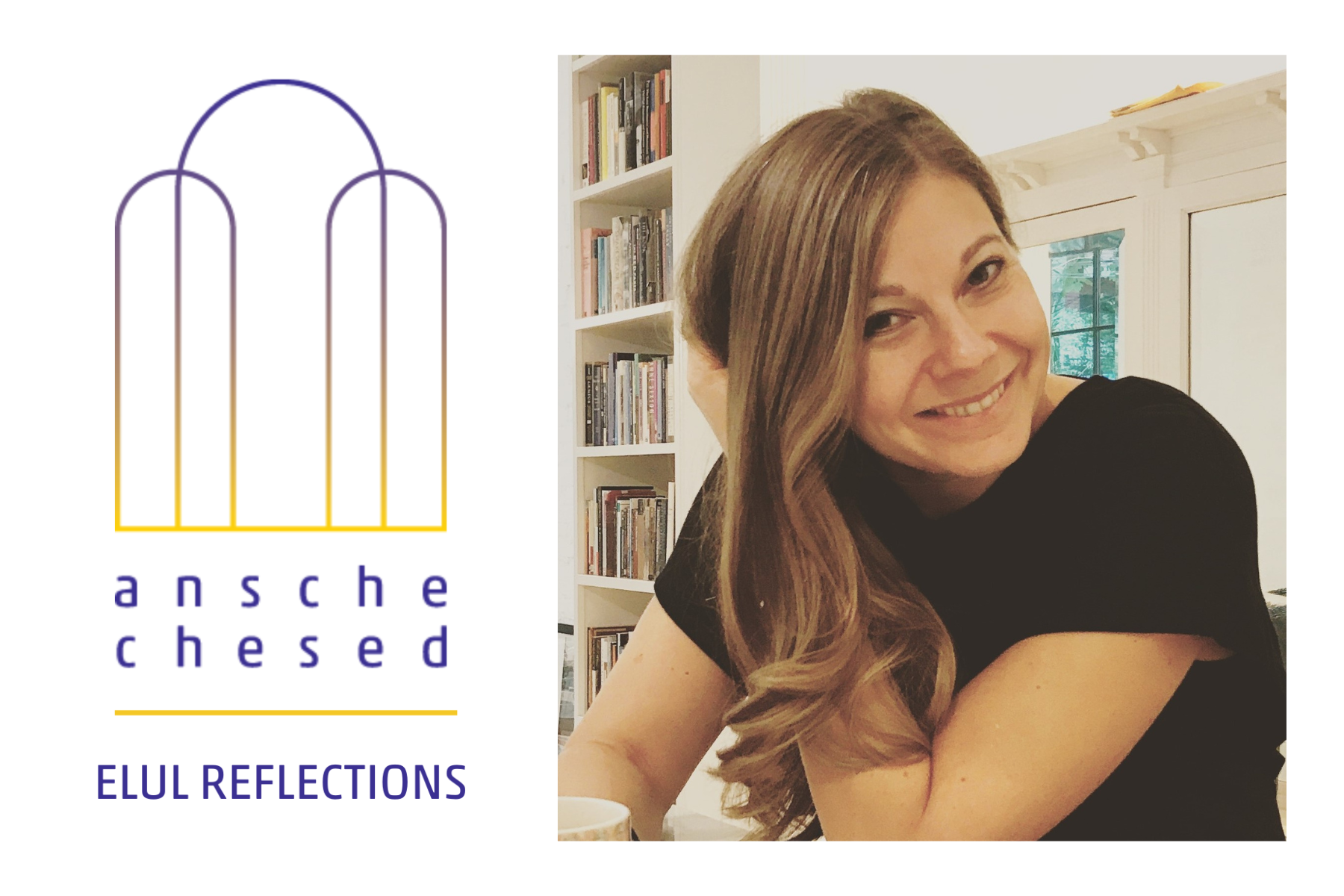“May you be inscribed in the Book of Life.” In Tishrei, this is our collective goal and wish. There is no guarantee our wish will be granted, as we are reminded again and again that some of us will die by fire, by water, by the hand of God, by the hand of man. As a long-time book editor, it’s hard not to see Tishrei as the month the Book of Life goes to press. Which in turn makes Elul the charged and vital period leading up to the book’s publication: the time to roll up your sleeves, take out your red pen, and edit.
Book editing is an intimate dialogue between author and editor that often takes place in the margins of the pages themselves—a check mark or simple “wow” scribbled next to a beautiful image or observation, a question about a line or paragraph that’s not as clear or sharp as it could be. But then there are bigger picture queries: finding the knots, teasing out a scene or character that’s trapping the narrative energy; figuring out how to bring forward a strand or a theme that’s buried; or conversely, identifying a strand or theme or voice that needs to be scaled back. Often there is some deeper truth that needs to be massaged or addressed or coaxed forward, and the editor and author work together to help the book become its best self. The essential driving force behind this process is a shared faith in improvability—the commitment to helping make something as good as it can possibly be.
While editing a novel or a memoir, I’m not thinking about how many copies the book is going to sell, or whether it will win awards, or what critics will say or not say about it. The I-Thou of the editorial process is not concerned with the book’s eventual fate. What it demands is that you inhabit the work as it is, while holding all that you know it can be—and then doing everything you can to bring what it is that much closer to the fullest expression of itself. It’s about seeing and feeling clearly what it there, and also noticing what might be missing, what might be taking up too much space, or not enough. At its truest, editing is spiritual work.
See where I’m going with this? This is a charged and vital time, the month when we focus not on the outcome or our fate—how many copies? which awards? who by fire? who by water?—but on summoning a quality of attention that is exceedingly hard to summon in the bustle and chaos of everyday life. It’s a time to look at aspects of ourselves and our lives that we’ve ignored or accepted or simply not taken the time to consider. How can we be better? What changes can we make to move closer to our best selves? The only way to see what something can be is to see it as it truly is. The only way we can see what we can be is to see ourselves as we truly are. This is the daunting and exhilarating work of the editorial process, and this is the work of Elul.





